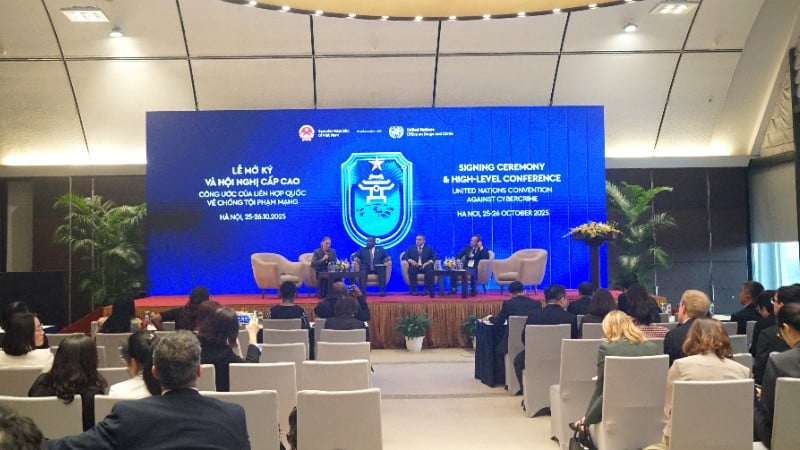
On the afternoon of October 25, within the framework of the signing ceremony and the High-Level Conference on the United Nations Convention against Cybercrime ( Hanoi Convention), a side event took place with the theme "Sharing experiences in investigating and collecting electronic evidence in cases related to virtual assets and money laundering".
Attending the event were representatives of the State Bank of Vietnam; Ms. Delphine Schantz, Chief Representative of the United Nations Office on Drugs and Crime (UNODC) in the Asia -Pacific region; Mr. Jarek Jakubczak, Head of Enforcement Training at Binance exchange; Mr. Samuel Nartey George, Minister of Communications, Digital Technology and Innovation of Ghana; and representatives of countries participating in the Hanoi Convention.
Speaking at the event, a representative of the State Bank of Vietnam said that many countries are witnessing the rapid development of digital financial technology and crypto assets, posing both great opportunities and challenges in management.
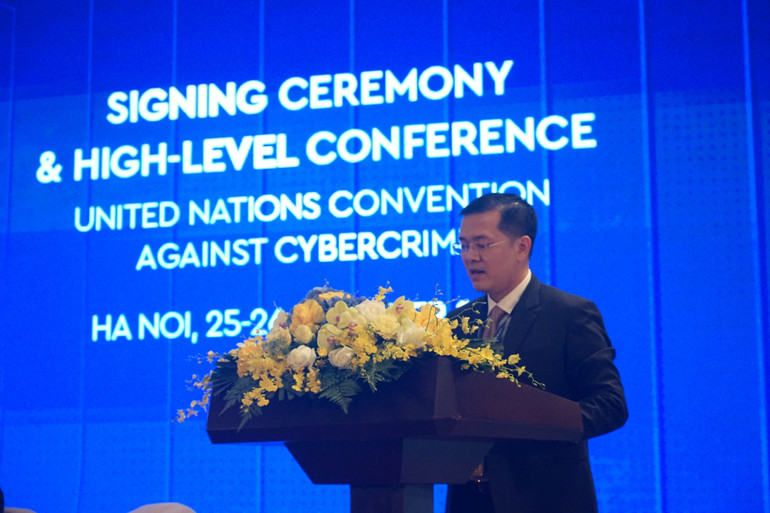
Crypto assets have three characteristics that make them difficult to investigate and recover: decentralized, cross-border, high-speed anonymous transactions, difficult to recover, and easy to conceal. The 2018-2022 National Risk Assessment Report ranks the risk for wallet service providers, virtual asset managers, and virtual asset investment funds as high. The risk for stable crypto assets is also ranked high.
The representative from Ghana mentioned a number of cases that occurred in the country, including an attack on financial addresses in Ghana, which caused significant damage when 12 million USD was transferred on the network in just 9 seconds. The money was transferred from one electronic wallet to another digital asset wallet. This is a case of fraud with cross-border elements.
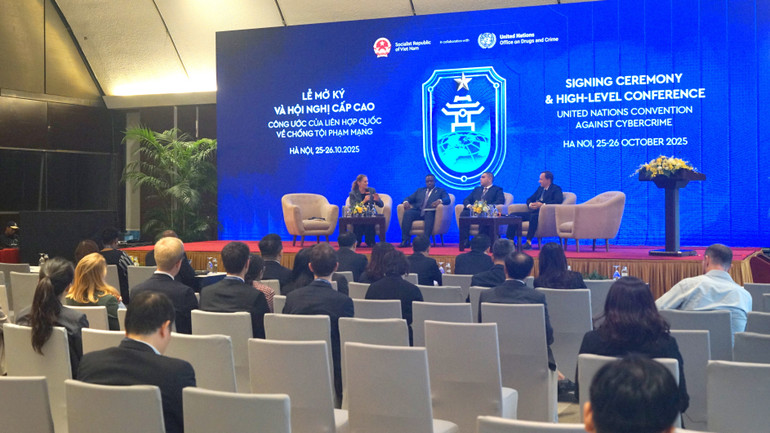
The Anti-Money Laundering Department under the State Bank said that it has identified a number of money laundering acts in the crypto-asset market, including: Taking advantage of the exchange's loose authentication system; mixing illegal crypto-assets with legal assets; converting value to personal crypto-assets to swap with legal crypto-assets; splitting and mixing through multiple wallet addresses, avoiding the monitoring threshold; creating fake projects, using illegal crypto-assets to buy, transferring to a second wallet for trading, canceling projects to cover up...
In the context of increasing crimes of money laundering, terrorist financing and cross-border fraud, Ghana has successfully conducted investigations on cryptocurrencies, through cooperation with cryptocurrency exchanges; cooperation with anti-crime agencies, including the cybercrime agency, the economic crime agency and the organized crime agency... These cooperation activities aim to trace illegal money flows and the movement of these flows to convert into cryptocurrencies.
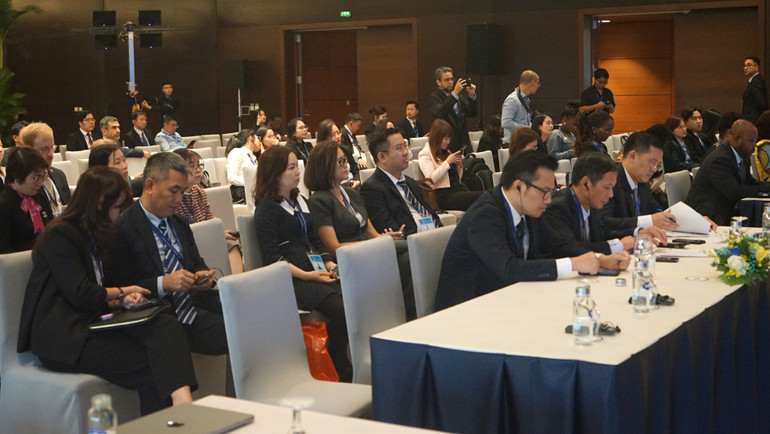
At the event, speakers proposed solutions to combat money laundering and cross-border fraud. Accordingly, there is a need for a mutual legal assistance system and a 24/7 point of contact to track and trace criminals. Along with that, training and capacity building for those working in the judicial sector on money laundering and cross-border fraud issues.
Vietnam presented its experience in this field. Vietnam is building a legal framework according to FATF (Financial Action Task Force) Recommendation 15. The National Assembly passed the Law on Digital Technology Industry 2025 on June 14, 2025, comprehensively regulating the digital technology industry in Vietnam. Along with that, the Government issued Resolution No. 05/2025/NQ-CP on piloting the crypto asset market in Vietnam.
The Anti-Money Laundering Department under the State Bank of Vietnam has reviewed more than 400 suspicious transactions related to crypto assets since 2024 and transferred the information to the authorities. In the coming time, the State Bank will focus on providing guidance on identifying and reporting suspicious transactions, developing technical infrastructure, enhancing the capacity of the AML Department and promoting international cooperation.
With drastic domestic solutions and close cooperation between countries, speakers expect to solve the remaining problems in preventing money laundering and cross-border fraud in the coming time.
Source: https://nhandan.vn/chia-se-kinh-nghiem-trong-quan-ly-tai-san-ao-va-rua-tien-post918045.html



![[Photo] Prime Minister Pham Minh Chinh and United Nations Secretary-General Antonio Guterres attend the Press Conference of the Hanoi Convention Signing Ceremony](https://vphoto.vietnam.vn/thumb/1200x675/vietnam/resource/IMAGE/2025/10/25/1761391413866_conguoctt-jpg.webp)
![[Photo] National Assembly Chairman Tran Thanh Man receives United Nations Secretary-General Antonio Guterres](https://vphoto.vietnam.vn/thumb/1200x675/vietnam/resource/IMAGE/2025/10/25/1761390815792_ctqh-jpg.webp)


![[Photo] Prime Minister Pham Minh Chinh receives United Nations Secretary-General Antonio Guterres](https://vphoto.vietnam.vn/thumb/1200x675/vietnam/resource/IMAGE/2025/10/25/1761390212729_dsc-1484-jpg.webp)
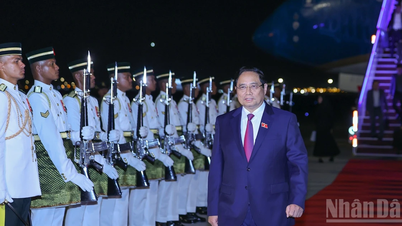
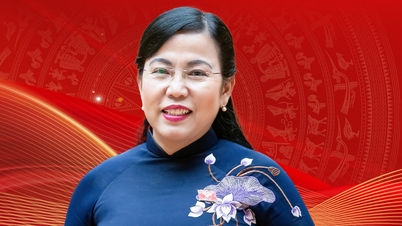

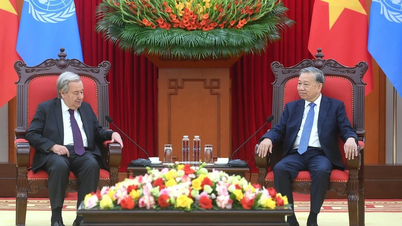
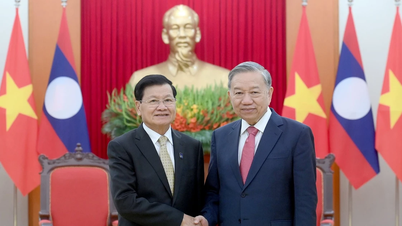
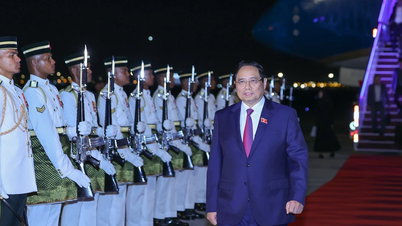

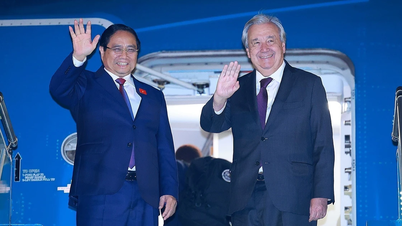






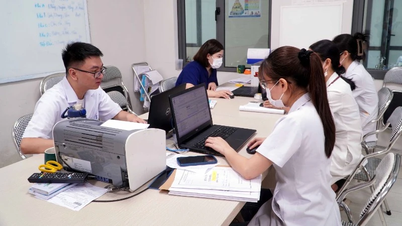
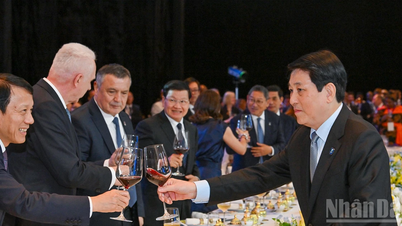
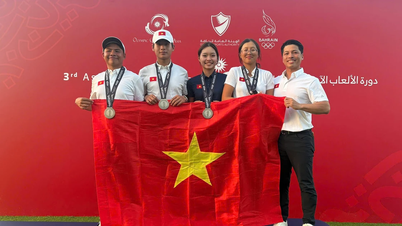
![[Photo] General Secretary To Lam meets with General Secretary and President of Laos Thongloun Sisoulith](https://vphoto.vietnam.vn/thumb/1200x675/vietnam/resource/IMAGE/2025/10/25/1761380913135_a1-bnd-4751-1374-7632-jpg.webp)








































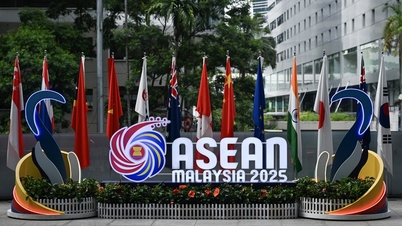



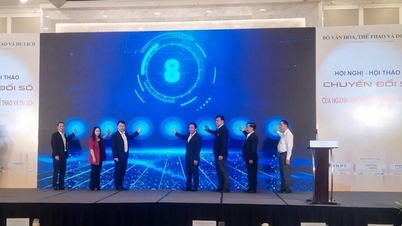
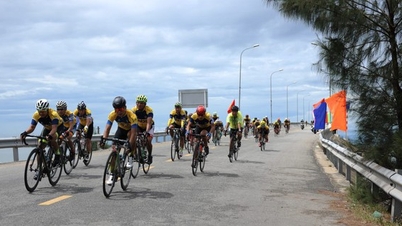
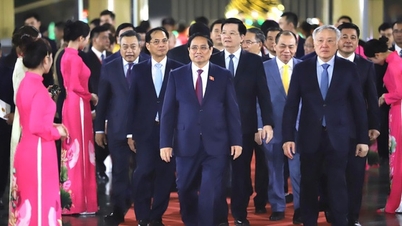
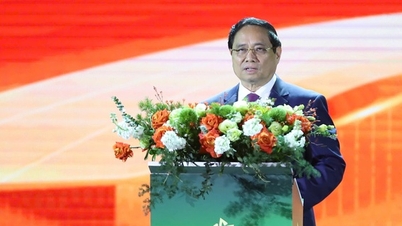
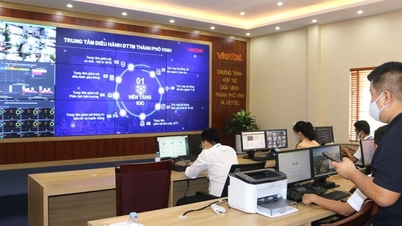

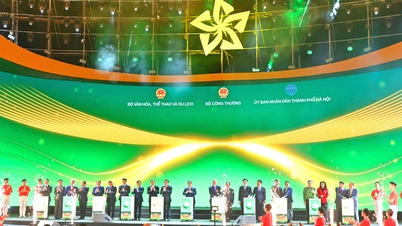
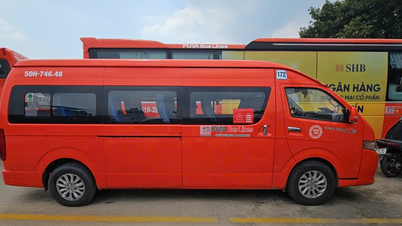

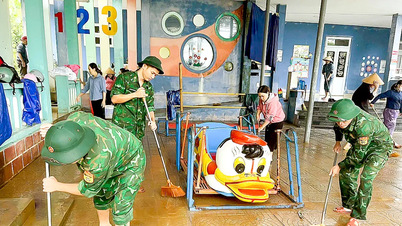
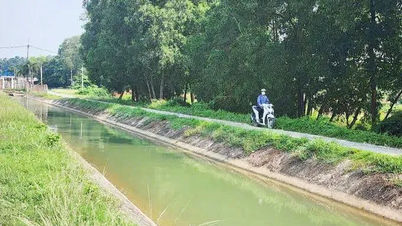
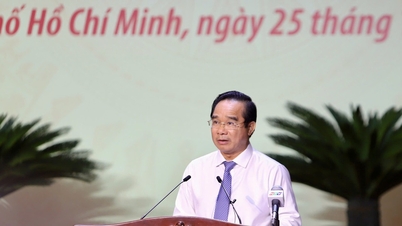


















Comment (0)